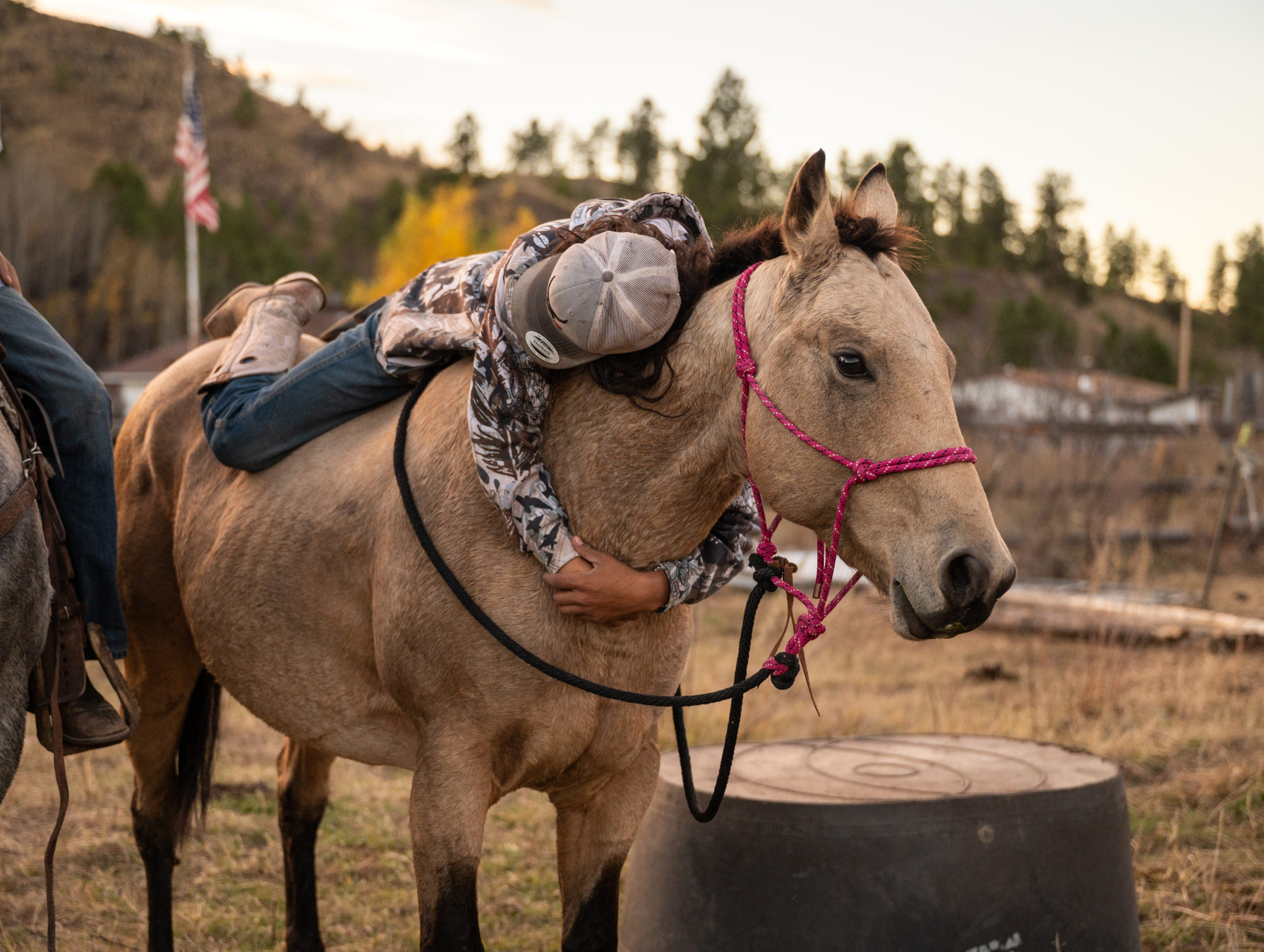By McKenna Johnson.

M
ental health can be complicated. It’s broad, hard to define and is described by the World Health Organization as “a state of mental well-being that enables people to cope with the stresses of life, realize their abilities, learn well and work well and contribute to their community.”
It encompasses emotional, psychological and social well-being, according to the Centers for Disease Control and Prevention. It’s more like a continuum, or a spectrum, than a specific disorder or lack thereof.
According to the National Alliance on Mental Illness, based on data from 2021, an estimated 163,000 Montanans had a mental health condition, which is more than five times the population of Helena alone.
Montana possesses a long list of barriers to mental health care and related risk factors, including lack of access to resources. Montana has also been in the top five in the nation for the highest rates of suicide for the past 40 years.
In 2023, Gov. Greg Gianforte introduced House Bill 872, which created the Behavioral Health System for Future Generations Commission. The commission is in charge of $300 million devoted to mental health support across the state.
In our state’s wilderness, outdoor lovers are championing forest bathing, the practice of immersion in nature and trees, to care for their mental well-being, citing research that trees emit chemicals that reduce stress and boost the immune system.
In response to a public health emergency declaration from the Chippewa Cree Tribe of the Rocky Boy’s Reservation, the Rocky Boy Health Center embarked on a Smudge the Rez Tour, smudging communities like Parker School to raise awareness of suicide and decrease its stigma.
This issue of Byline, a magazine produced by students at the University of Montana School of Journalism, explores these issues and more across the state of Montana in The Mental Health Issue.
Be aware that many of the stories in this magazine contain potentially triggering material, such as references to suicide, trauma, transphobia and abuse.
Everyone can be affected by mental health challenges, and no one should ever feel reluctant to reach out for help.
If you or someone you know is struggling with mental health, call or text 988, the national suicide and crisis lifeline, or reach out to local resources for help.

Next:
‘IT JUST HAPPENS HERE’
In a perfect storm of risk factors, Montanans grapple with barriers to mental health care
Story by Christine Compton. Photos by Ava Rosvold.



